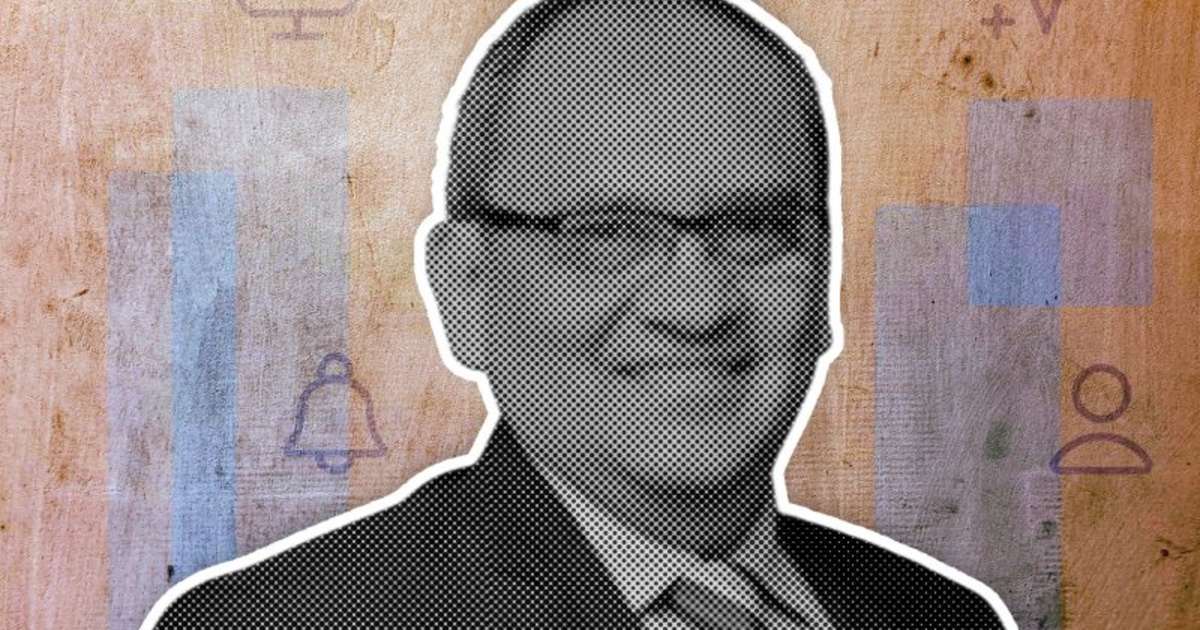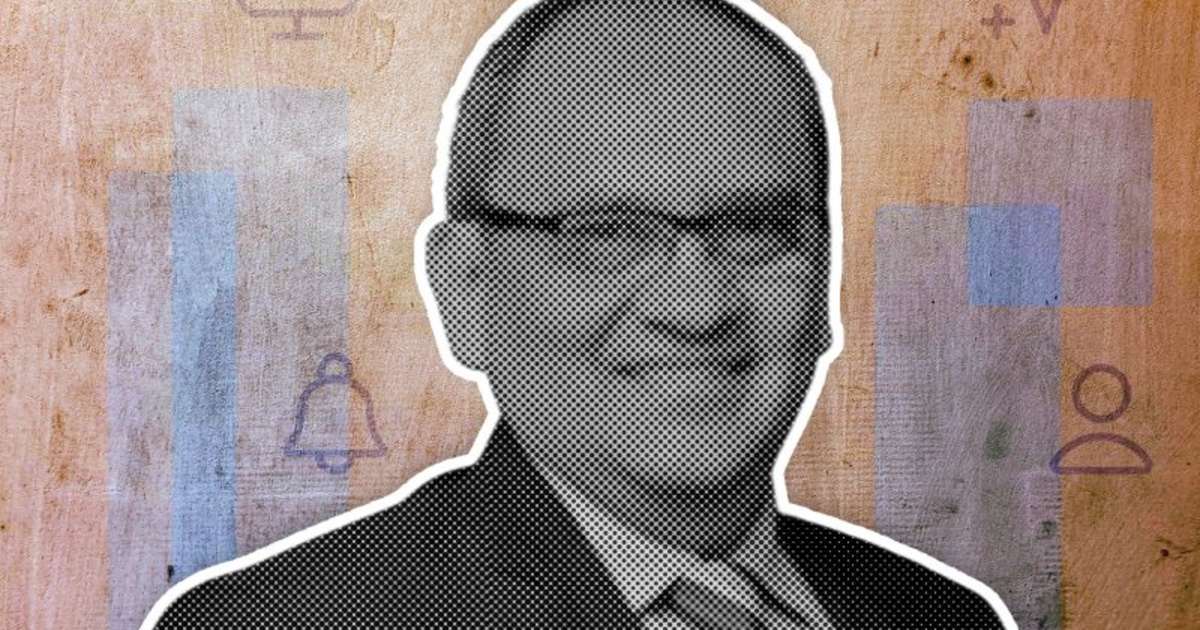

Like many seasoned professionals in the industry, Felipe Ríos Romo, CEO and Founder ofBeyond Hospitality Business, began his career at an early age, helping in his family’s small bed and breakfast before moving on to leadership roles in major international hotel brands. Over the course of more than four decades, he has witnessed firsthand the evolution of hospitality from paper-based operations and manual systems to a world shaped by digital transformation, automation, and data-driven decision-making.
Through this journey, Felipe has remained a firm believer that hospitality technology and leadership must evolve hand in hand; even as hotels adopt automation, the human spirit of service must remain at the heart of the industry.
Felipe shares how his early experiences shaped his leadership style, how technology continues to redefine hotel operations, and why, even in an era of AI and automation, the personal touch remains the industry’s greatest competitive advantage.
Takeaways
Hospitality technology and leadership must evolve together; innovation should never compromise human connection.
Successful technology adoption begins with analyzing real value creation, rather than trends.
OTAs and intermediaries are tools, not threats, when used strategically.
Crises demand creativity, unity, and heart, as shown in the Hotel Fénix tamale story.
The future of hospitality lies in personalized, human-centered service supported by intelligent technology.
From bellboy to boardroom
You began working in hospitality at the age of 14, starting at your family’s B&B. Over time, you moved up to manage operations for a major global hotel chain. How did these early experiences influence your leadership style and your way of running hotels?
People of my generation have lived through the major technological changes in the hospitality industry. The list of things that no longer exist is endless: mechanical door locks, safe deposit boxes, manual reservation systems, and telephone switchboards, to name a few.
Perhaps the importance of the human factor in operational effectiveness makes people of my generation more inclined to recognize the value employees bring. We demand discipline but create followers by educating, training, and showing appreciation, enough to turn colleagues into lifelong friends.
Leadership today cannot be as personalized; staff are more sensitive, and technology often replaces jobs once done by people. Still, what we will never change at Beyond Hospitality Business is our commitment to quality service, total guest satisfaction, and team development, all while ensuring a strong return on investment.
Analog to digital evolution
With over four decades in the hotel industry, you’ve seen the shift from analog methods to today’s digital landscape. What major changes in hotel operations have you observed, and how did you adapt to or support these technological shifts?
What changed were the priorities. Until the early 1980s, the true focus of hospitality was hospitality itself. Gradually, the focus shifted to financial performance. We moved from guest satisfaction to investor satisfaction.
This shift came from several factors: brand expansion, hotel investments entering the stock market, and the rise of budget and business-class hotels. In this new reality, technology became a means to maximize profits and minimize human error, often by minimizing the human factor.
Still, the hospitality we learned last century can be found in two places today: in large luxury resorts that maintain excellence while using technology effectively, and in small family-run hotels that deliver sincerity, tradition, and warmth, even with a few human imperfections.
Technology: Necessary evil or empowering tool
How should hoteliers approach new technologies to truly enhance operations and the guest experience, rather than feeling like a burden or afterthought?
Technology should always be a powerful tool, not a burden. The key question is whether its implementation truly improves operations or breaks something along the way. We must always analyze pros and cons.
Before adopting any new system, ask:
- What benefit will this bring?
- What will we lose?
- How long will it last in the market?
In the 1980s, we had four locksmiths on duty 24/7 to manage keys in a 600-room hotel. When we adopted punch-card and then electronic locks, the early implementation failed due to obsolescence, but the eventual transition improved finances, guest satisfaction, and safety.
Every decision has consequences, and technology is no different. Hoteliers must analyze carefully whether the outcome creates more value than before.
Competing in the age of OTAs and Airbnb
The rise of OTAs and home-sharing platforms has altered the competitive landscape. How have these disruptors affected hotels, and what strategies can traditional hotels use to remain relevant?
As tourism markets become increasingly complex, the dependency on intermediaries grows. This is not new; Thomas Cook was doing it in the 19th century.
In many industries, the owner of the channel becomes the owner of the customer. Many hotels, by becoming commoditized, have lost guest loyalty and depend heavily on intermediaries.
However, intermediaries are still necessary partners. The challenge is to find a balance, use them without letting them drain profitability.
Each hotel must craft its own strategy to win back direct relationships: through strong brand recognition, smart revenue management, effective booking engines, and management support. These tasks require experienced professionals, and that’s precisely what sets strong operators apart.
Balancing high-tech with high-touch
As hotels adopt automation, AI, and self-service technologies, what’s the right balance between technology and the human touch?
Every strategic decision in a hotel has a holistic dimension. If each department defines its objectives and KPIs clearly, it can analyze how adopting technology affects results.
Balancing financial performance, guest satisfaction, and staff engagement is essential. Only by aligning these elements can a hotel achieve the right equilibrium between high-tech efficiency and high-touch service.
The Tamale story
In 2020, during the pandemic, you famously converted Hotel Fénix into a tamale kitchen, selling 100,000 tamales in 100 days. What inspired that solution, and what did it teach you about innovation and resilience?
“Put your heart into a tamale.” That was our motto.
When we realized our business was unsustainable, my executive team went into creative mode. We had the space, the people, and the means, and tamales are a nutritious, long-lasting, traditional food. We started small, but sales quickly grew beyond expectations.
To create demand, we offered: “For every 12 tamales you buy, I’ll donate 6 to those in need.” Donations went to Guadalajara hospitals, their staff, patients, and families.
The community’s response was overwhelming. What began as survival turned into solidarity. We sold thousands daily, and, more importantly, brought warmth to the hearts of those who needed it most.
Each crisis is different, but staying united, engaged, and creative makes all the difference.
Mentorship and thought leadership
You’ve been a mentor, speaker, and professor in hospitality. Why is thought leadership and education so important to you?
Hospitality is a complex profession, but academia hasn’t always prepared students rigorously enough. Meanwhile, hoteliers haven’t institutionalized their knowledge or elevated our profession to the level of other disciplines.
I aim to help those who want to grow by sharing experience, encouraging professionalism, and strengthening the industry’s collective voice.
Beyond hospitality business – mission and insights
You founded Beyond Hospitality Business to advise hotel owners and investors. What common challenges are you helping them solve, and how does technology play a role?
The main challenge for any hotel investor is ROI. We guide them through strategic decisions, from market alignment to optimal financing and equipment selection.
Our hotels are franchised under major brands such as Hilton, IHG, Marriott, and Wyndham, all with advanced PMS, CRM, and channel management systems. The difference is that we know how to leverage that technology for true productivity.
Technology alone doesn’t create success; expertise in how to apply it does.
Future of hotel technology
What technology trends excite you the most? Are there any being overhyped?
What excites me most is CRM and guest relationship technology. Personalization powered by AI is incredible; the ability to know guests and bookers deeply and anticipate needs is transformative.
That’s where real differentiation will come from in the next decade.
Personal journey and advice
Reflecting on your journey, what’s your proudest achievement? And what advice would you give to young professionals entering hospitality today?
My proudest achievement is my honor and reputation.
To young hoteliers: be honest and disciplined. There are no rewards without effort.
If you can’t improve your current situation, move on. But if after several changes you’re still not satisfied, look inward; maybe you are the problem. Fix it.
And as technology advances, never forget: hospitality without humans isn’t hospitality at all.
Final words
Felipe Ríos’ reflections remind us that while technology defines modern hospitality, humanity defines its essence. From mentoring the next generation to leading with integrity, his journey demonstrates that the industry’s true transformation lies not just in digital innovation but in balancing progress with purpose.
About Shiji Group
Shiji is a global technology company dedicated to providing innovative solutions for the hospitality industry, ensuring seamless operations for hoteliers day and night. Built on the Shiji Platform—the only truly global hotel technology platform—Shiji’s cloud-based solutions include property management system, point-of-sale, guest engagement, distribution, payments, and data intelligence for over 91,000 hotels worldwide, including the largest hotel chains. With more than 5,000 employees across the world, Shiji is a trusted partner for the world’s leading hoteliers, delivering technology that works as continuously as the industry itself. That’s why the best hotels run on Shiji—day and night. While its primary focus is on hospitality, Shiji also serves select customers in food service, retail, and entertainment in certain regions. For more information, visit shijigroup.com.
View source
Please visit:
Our Sponsor
